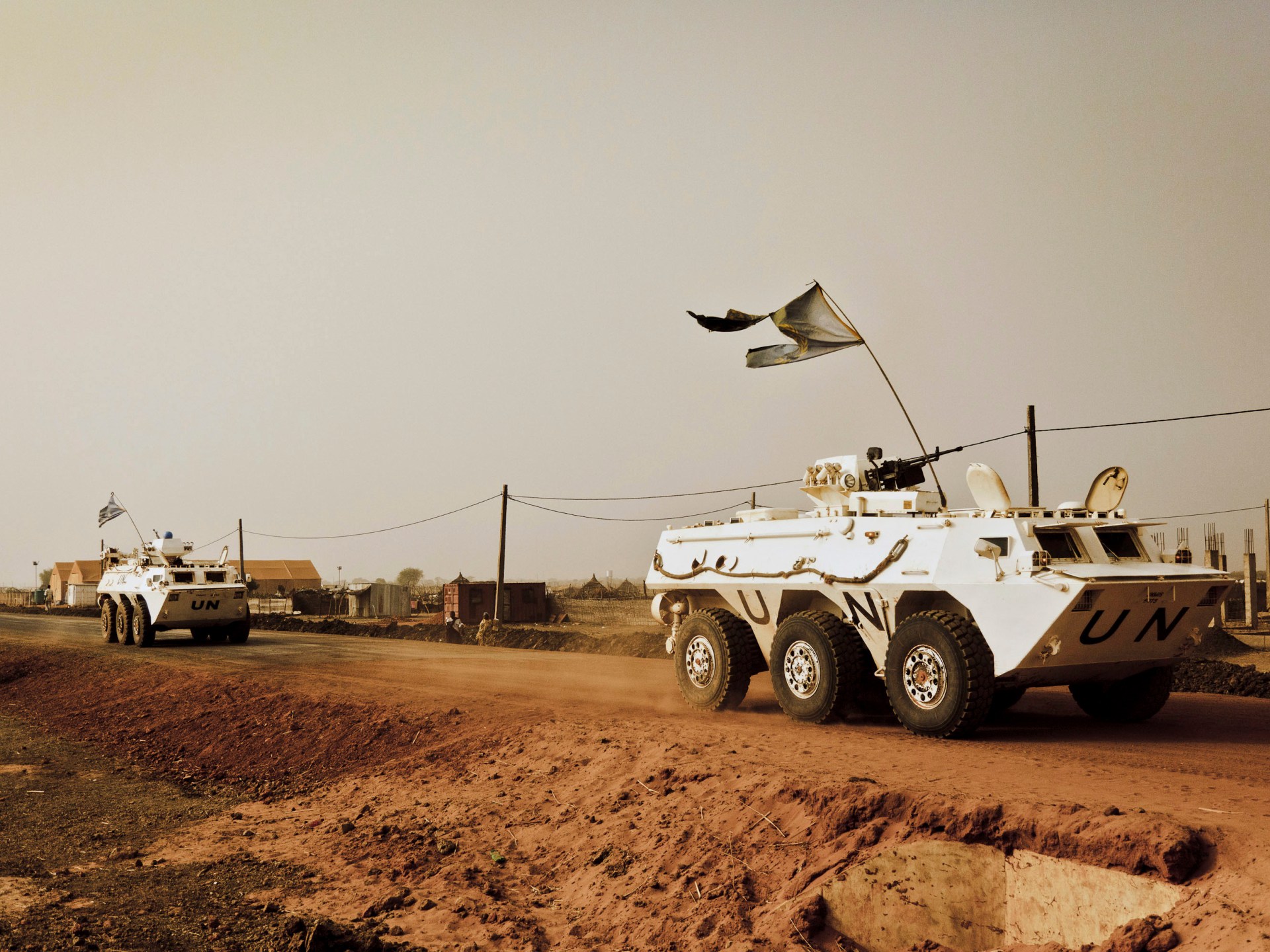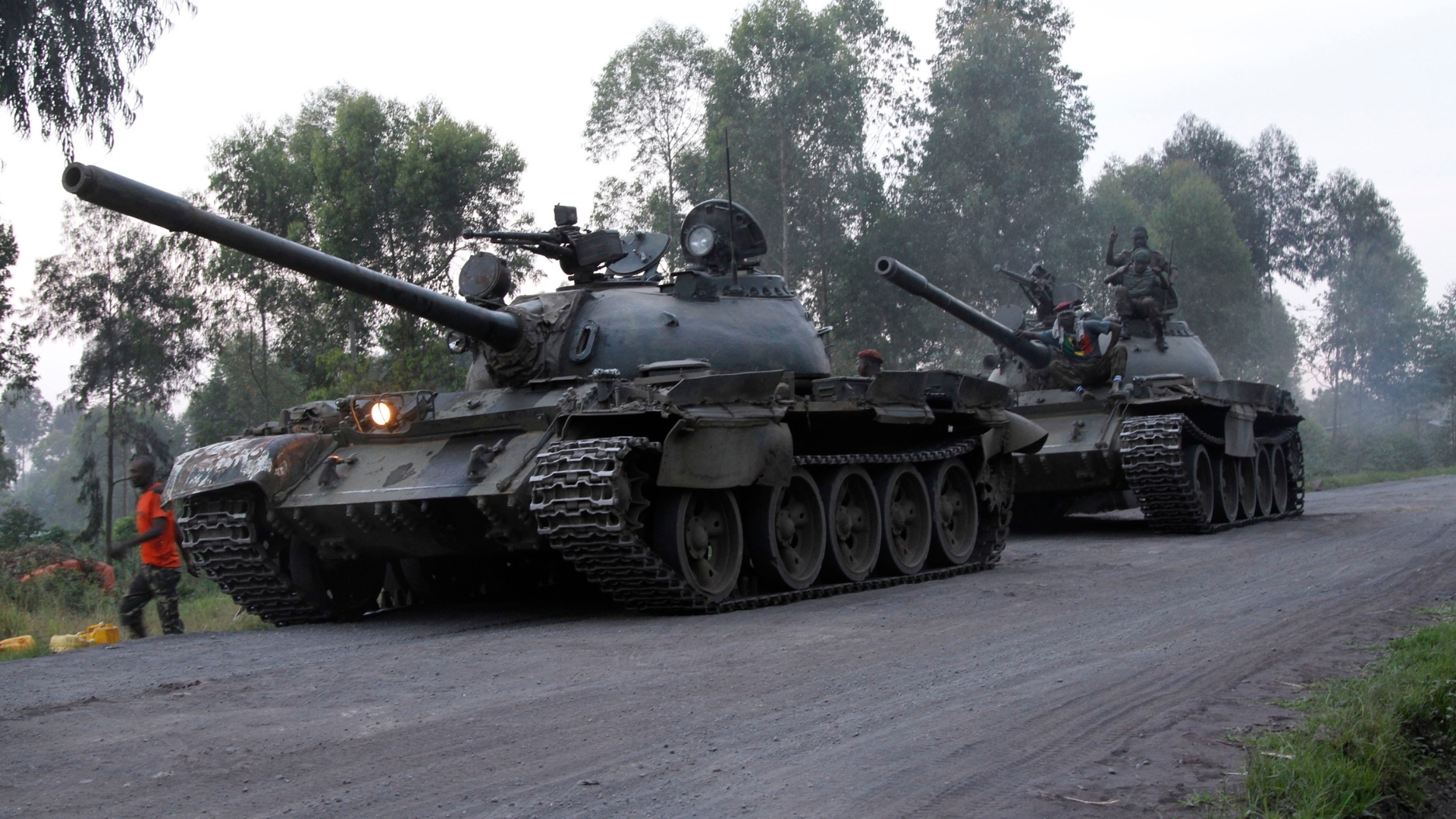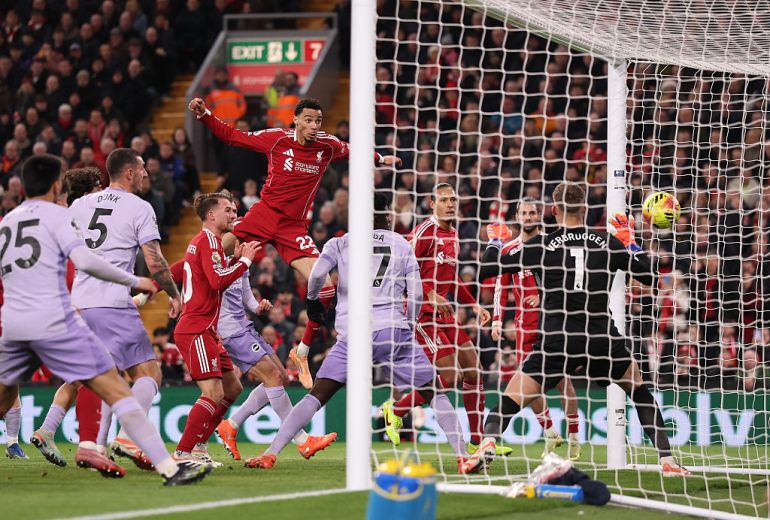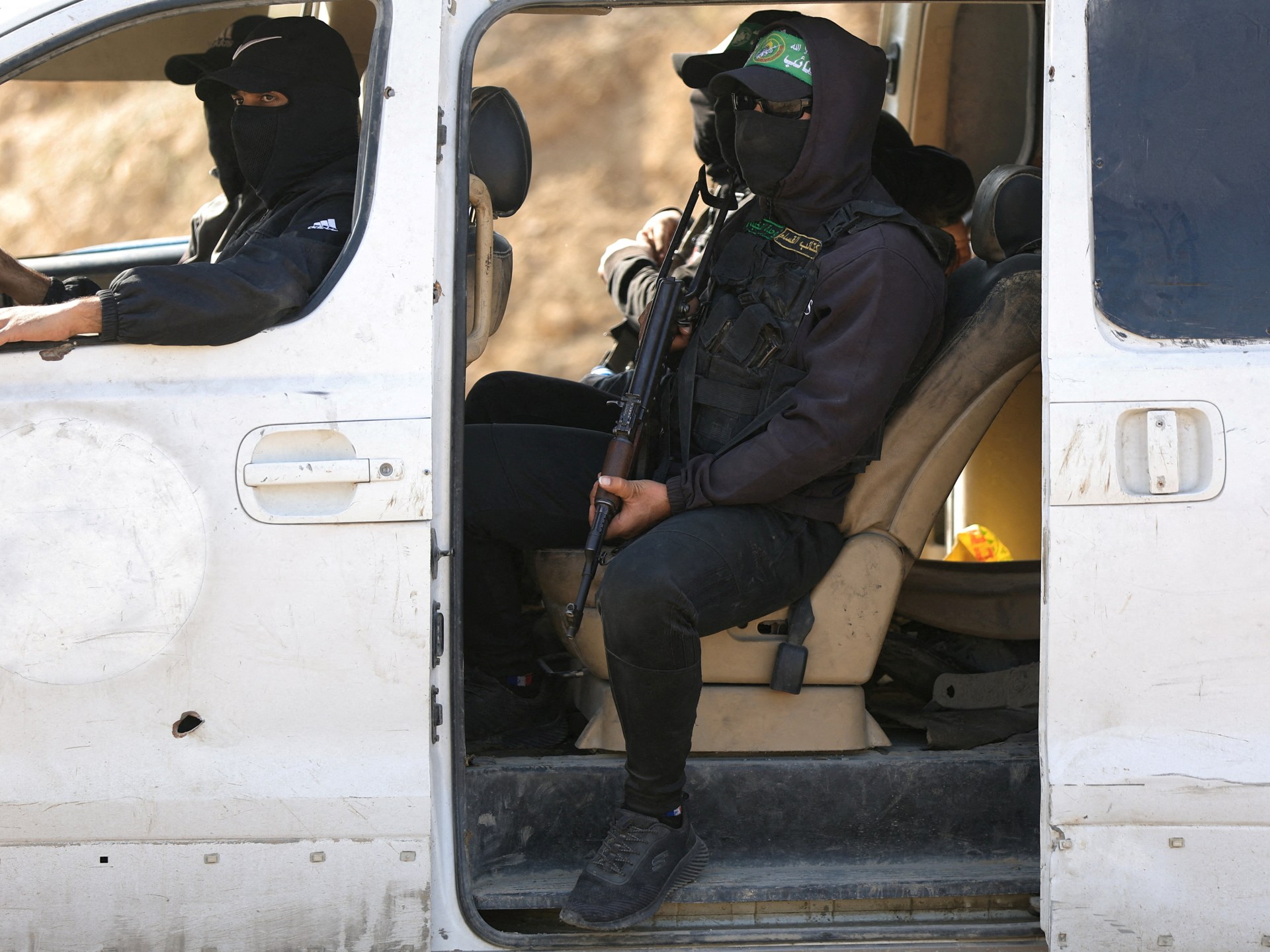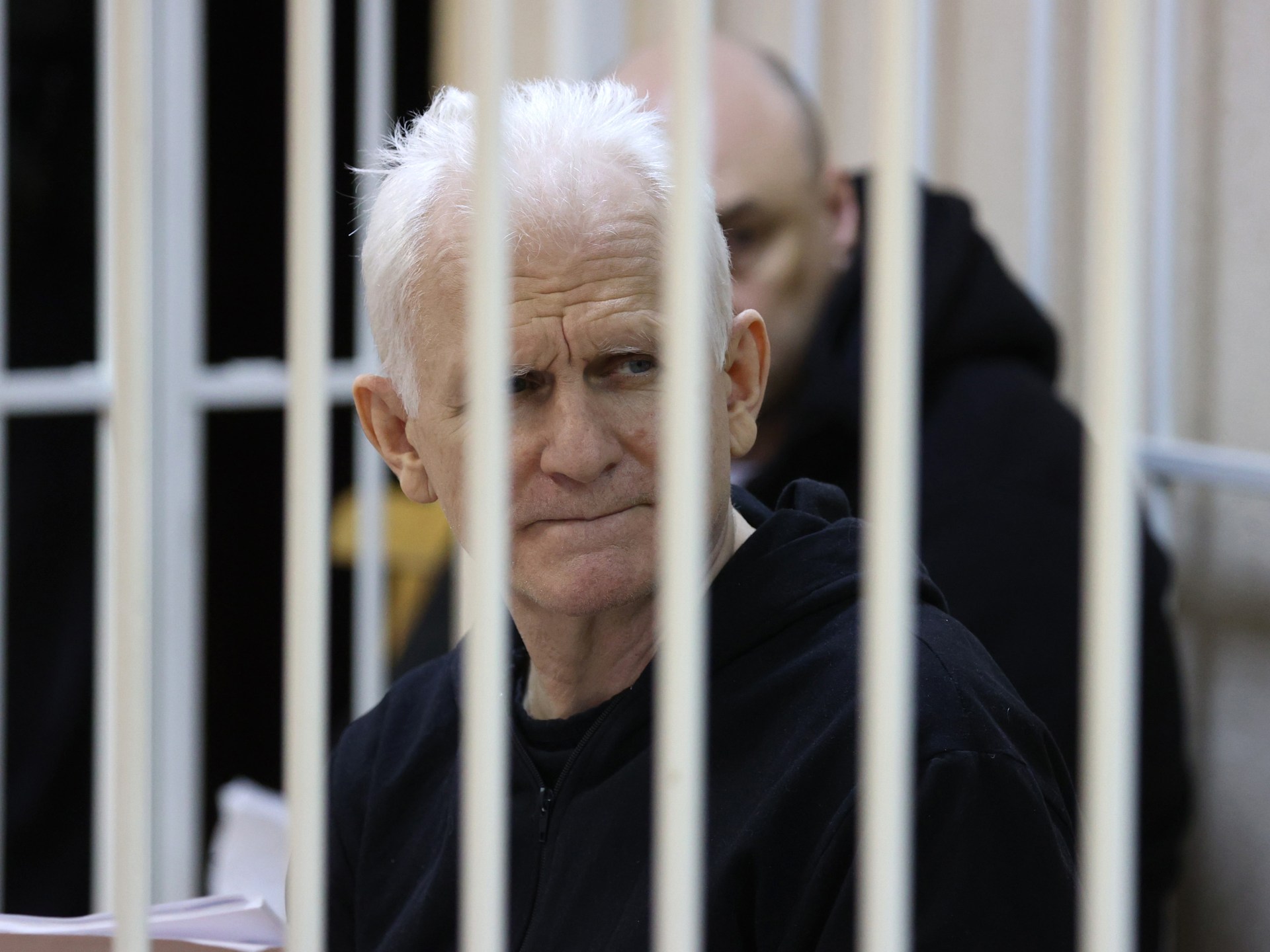Tens of thousands of Hungarians have taken part in a demonstration in Budapest demanding Prime Minister Viktor Orban’s resignation over his inaction towards repeated child-abuse scandals in the country.
Since returning to power in 2010, Orban has promised to prioritise the protection of children in Hungary, but multiple high-profile child abuse scandals have rocked his government in recent years.
Saturday’s protests, led by opposition party TISZA’s leader Peter Magyar, came after new allegations regarding a juvenile detention centre in the country’s capital Budapest surfaced in September. Security camera footage from the centre showed the director of the Szolo Street juvenile detention centre kicking a boy in the head.
Earlier this week, four staff members were taken into custody, and the government announced that it would place all such child facilities under direct police supervision.
On Saturday, thousands of protesters walked through Budapest’s frosty streets behind a banner reading “Protect the children!” and called on the government to take more action against the perpetrators. Some people also carried soft toys and torches in solidarity with victims of physical abuse in a case dating back several years.
On Friday, Magyar also released a previously unpublished official report from 2021, which found that more than a fifth of children in state-run care institutions have been abused.
“We should be outraged at what is being done with the most vulnerable children,” Zsuzsa Szalay, a 73-year-old pensioner who took part in Saturday’s protest, told the AFP news agency.
Orban’s government has insisted that action was being taken against suspected child abuse.
The prime minister, who faces what could be the toughest challenge to his 15-year rule in an election likely to be held in April, has also condemned the abuse in an interview with news outlet Mandiner, and called it unacceptable and criminal. He added that “[even] young criminals should not be treated this way”.
But protesters on Saturday said Orban’s response was inadequate.
“Normally, a government would be toppled after a case like this,” 16-year-old David Kozak told AFP.
Last year, the country’s president, Katalin Novak, also bowed down to public pressure and resigned after pardoning the deputy director of a state-run children’s school who was convicted of covering up sexual abuse by its director.

